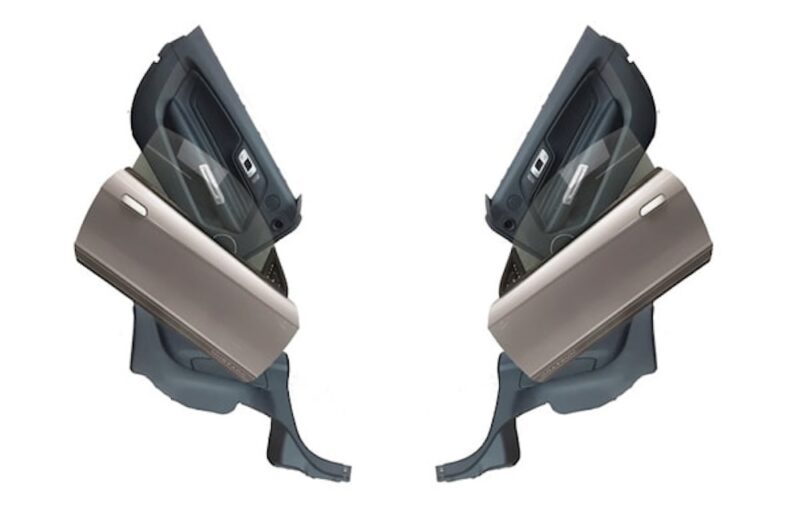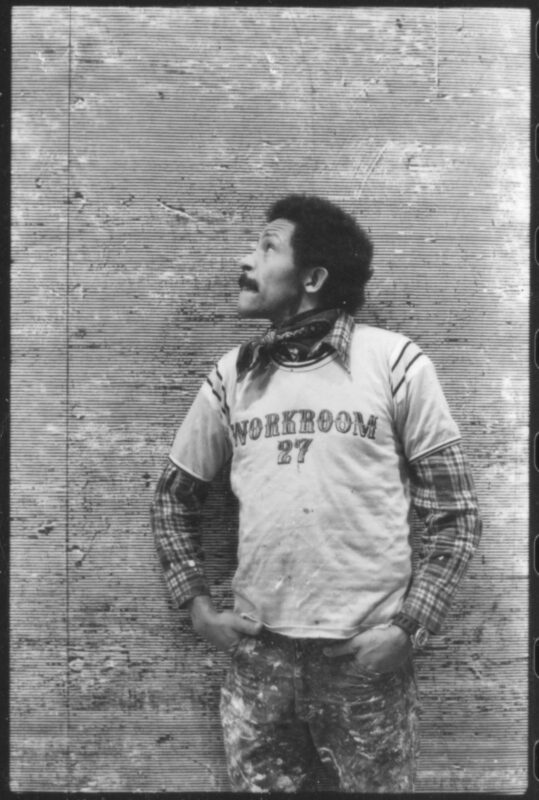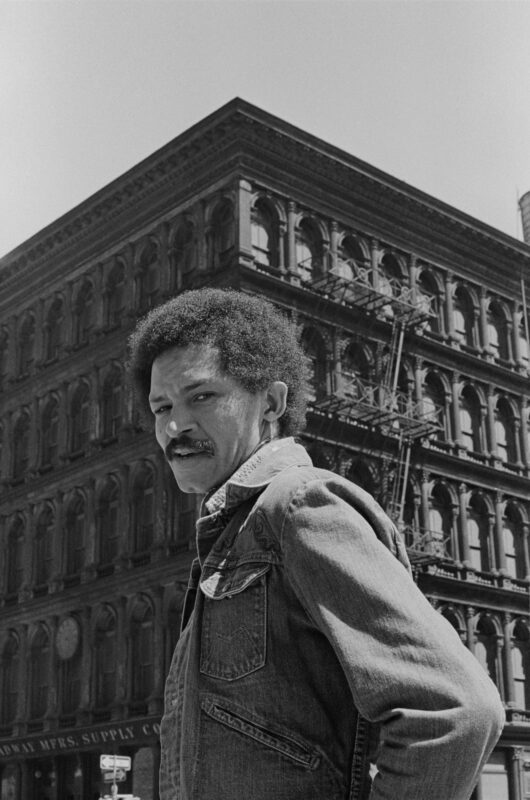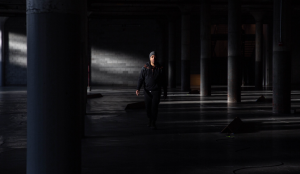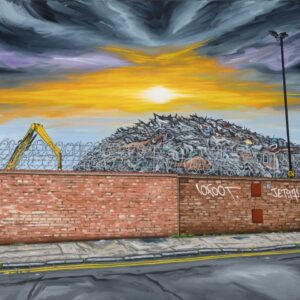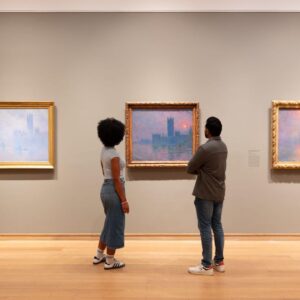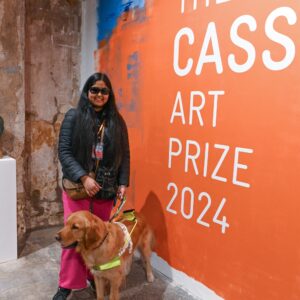Opening at Dia Beacon this fall is the first-ever exhibition devoted to Jack Whitten’s Greek Alphabet painting series (1975–78). Assembling forty works from private and institutional lenders, this exhibition offers unique insight into a pivotal moment in Whitten’s practice.
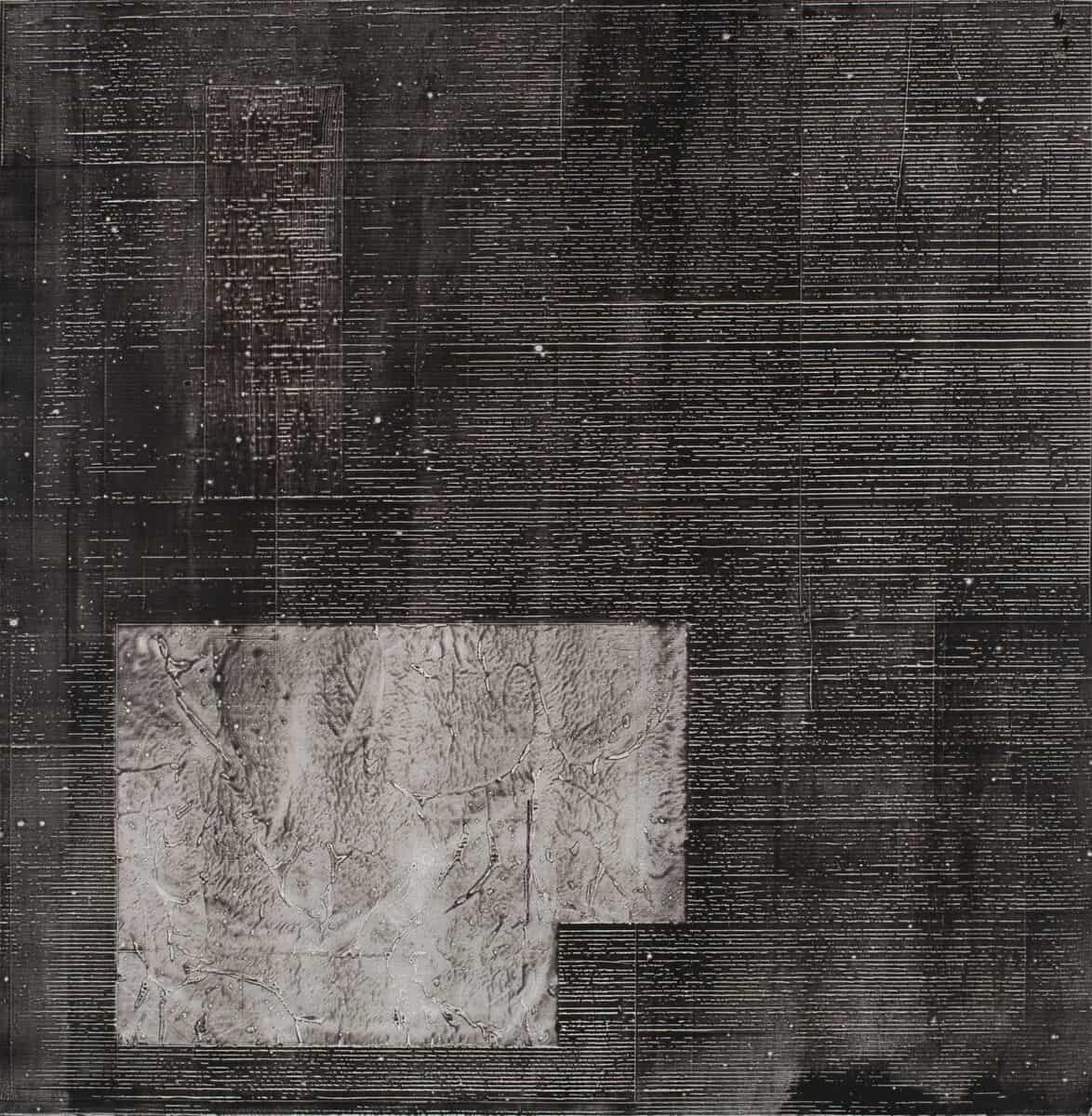
Remarkably, this is the first time that more than a handful of works from Whitten’s seminal Greek
said Jessica Morgan, Dia’s Nathalie de Gunzburg director.
Alphabet series have been publicly displayed together. The exhibition is the result of years of curatorial
research to retrace the contours of the series and locate the individual paintings. It is only in seeing such a significant number of them assembled, as the artist intended, that one can appreciate the formal and material permutations of the series.
Over a career of more than fifty years, Whitten developed a painting language equally driven by concept
and process and characterized by material experimentation, dense luminosities, and multidimensionality. His work from the 1970s marks a juncture in his career in which he rejected the gestural brushstrokes of Abstract Expressionism and embarked on what would become a sustained interest in experimental processes and materials.
Realized in his studio in downtown New York, the series consists of variations on predominantly black and-white abstract compositions ordered per the twenty-four letters of the Greek alphabet. The paintings’ complex surfaces, which the artist equated to a “weaving of light,” resulted from involved experiments with tools including handmade rakes and combs and processes such as imprinting and frottage. Whitten never had an opportunity to present the Greek Alphabet series in full; of the nearly 60 works in the series, only a few have ever been publicly exhibited.
The exhibition is accompanied by a book of the same title published by Dia. This illustrated publication
will feature new essays by Donna De Salvo and Matilde Guidelli-Guidi, the exhibition’s curators; the scholar Courtney J. Martin; the artist Gregg Bordowitz; and the poet and theorist Fred Moten. Whitten’s own charismatic voice and expansive thinking are present in the form of previously unpublished writings, interviews, and archival materials, selected and annotated by Guidelli-Guidi with Janine DeFeo.
In response to the formal qualities of the series, and to honor Whitten’s long-standing interest in experimental music, Dia has invited trumpeter and composer Wadada Leo Smith to musically interpret the paintings. This rare performance by one of the foremost figures in contemporary music will take
place in the galleries on December 3, 2022, at 2 pm.
It is an incredible honor to bring together this extraordinary body of work for the first time and an unparalleled opportunity to consider them in the context of Dia Beacon. When these works were
De Salvo, exhibition co-curator
created, Whitten was still relatively young in his career. His commitment to rethinking painting at a time when the medium was seemingly obsolete is a testament to his resilience and inexhaustible talent
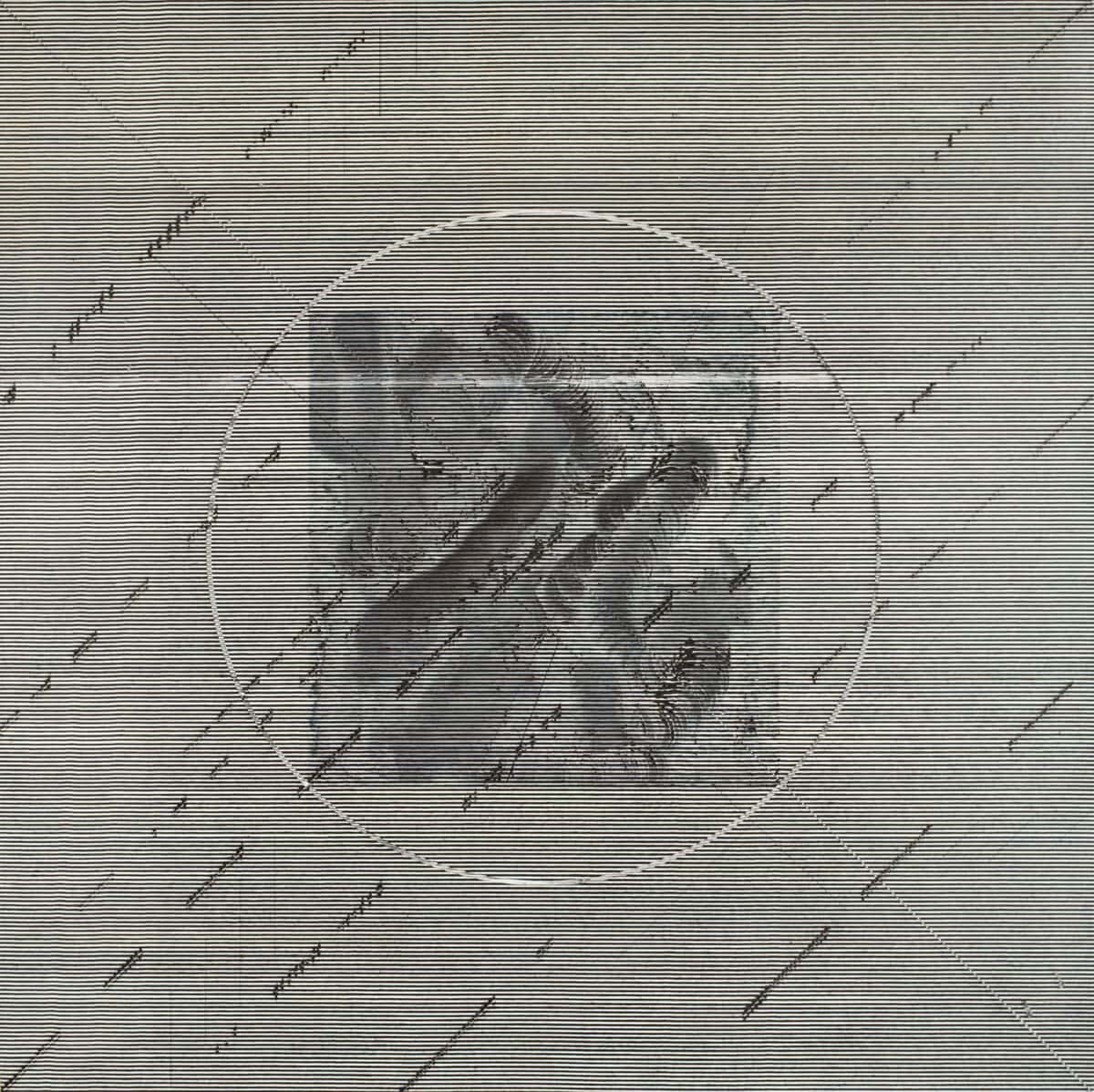
Whitten’s systematic investigation of acrylic paint, indirect methods of execution, and collapse of
said Guidelli Guidi, exhibition co-curator.
gesture into surface place these works at the intersection of Conceptual, Minimalist, and Process art. His formal research paralleled a philosophical one, encompassing the new mediascape and the fractal
nature of jazz music, quantum physics, and space travel. Situated at Dia Beacon among works by his
contemporaries, the Greek Alphabet series reveals Whitten’s distinct materialist contribution to
abstract painting in the 1970s and his enduring relevance for contemporary practice.
Jack Whitten: The Greek Alphabet Series is curated by Donna De Salvo, senior adjunct curator for special
projects, and Matilde Guidelli-Guidi, associate curator, with Zuna Maza, curatorial assistant.
Jack Whitten’s Greek Alphabet painting series (1975–78), November 18th, 2022 – July 10th, 2023,
Dia Beacon
About the artist
Jack Whitten was born in Bessemer, Alabama, in 1939. He moved to New York in 1960 to pursue a BFA
in painting at the Cooper Union for the Advancement of Science and Art and lived in the city for the rest
of his life. After his first trip to Greece in 1969, he regularly spent summers on the island of Crete.
Sculptures realized during his summers there as well as widely experimental drawings accompanied his
painting practice of more than five decades. Whitten had his first solo exhibition at the Allan Stone
Gallery, New York, in 1968, followed by early solo institutional presentations at the Whitney Museum of
American Art, New York, in 1974 and at the Studio Museum in Harlem, New York, in 1983. In recent
years, surveys of his work have been presented internationally at institutions including the Baltimore
Museum of Art; the Hamburger Bahnhof, Berlin; the Metropolitan Museum of Art, New York; the
Museum of Contemporary Art San Diego; and the Walker Art Center, Minneapolis. Whitten died in New
York in 2018
